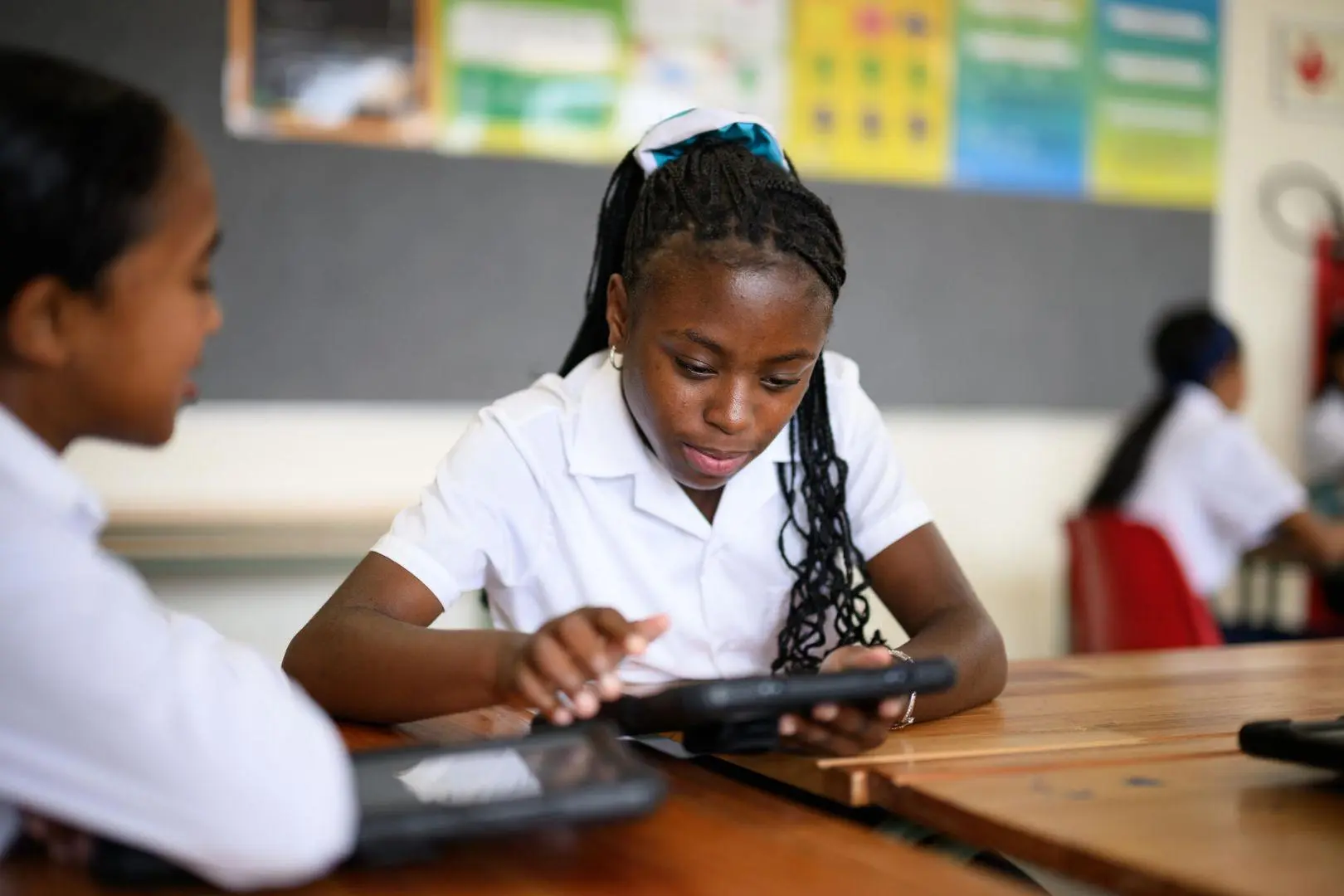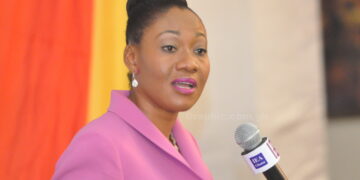 As the world commemorates the International Day of Girls in Information and Communication Technologies (ICTs), Paradigm Initiative calls for improved gender-responsive access to ICTs for girls with learning difficulties in the Global South. This call comes against the backdrop that girls with learning difficulties like dyslexia, dysgraphia, and Attention Deficit/ Hyperactivity Disorder often encounter significant barriers to education as traditional learning methods usually do not cater to their unique needs, leading to frustration, disengagement, and higher risk of dropping out of school.
As the world commemorates the International Day of Girls in Information and Communication Technologies (ICTs), Paradigm Initiative calls for improved gender-responsive access to ICTs for girls with learning difficulties in the Global South. This call comes against the backdrop that girls with learning difficulties like dyslexia, dysgraphia, and Attention Deficit/ Hyperactivity Disorder often encounter significant barriers to education as traditional learning methods usually do not cater to their unique needs, leading to frustration, disengagement, and higher risk of dropping out of school.
Technology has the incredible power to empower girls worldwide, yet in Sub-Saharan Africa, there is still a gender divide of 43 percent regarding access to the internet, often due to a lack of digital skills and the high cost of data and devices.
The International Day for Girls in ICT holds particular significance for girls facing learning difficulties, who can benefit immensely from the transformative power of ICTs. Despite governments’ obligations under international law to respect, protect and fulfil the right to education for women and girls, in Nigeria, approximately 10,5 million children are not in school because of barriers relating to poverty, gender, and disability. In Zimbabwe, 141 177 learners with disabilities have access to education, constituting only 10 percent of children with disabilities in Zimbabwe. As a result, 90 percent of learners with disabilities do not have access to education for several reasons, including a lack of assistive devices. Lack of digital inclusion of children with disabilities affects their access to education and contradicts the tenets set out in Sustainable Development Goal 4 which seeks to achieve quality, equitable and inclusive education for all by 2030. In Bangladesh, 60 percent of children with disabilities aged between 5-17 years are not in school, 3,6 percent of whom have functional difficulties.
The United Nations Convention on the Rights of Persons with Disabilities sets the tone for promoting and protecting the rights and freedoms of persons with disabilities and the United Nations Scientific and Cultural Organisation developed a Model Policy for inclusive ICTs in Education for Persons with Disabilities. Countries in the Global South should ensure that they take lessons from such policies to develop digital education policies that promote inclusion of persons with disabilities, particularly girls with learning difficulties.
In order to improve access to ICTs for girls with Learning Difficulties, Paradigm Initiative calls for governments to do the following;
-
Provide infrastructure and assistive technologies that support the deployment of digital education to avoid directly hindering the enjoyment of the right to education for girls with learning difficulties
-
Provide capacity-building initiatives in both urban and rural communities to strengthen digital skills of girls with learning difficulties
-
Take the necessary measures to ensure that girls with disabilities and learning difficulties have access to inclusive education
-
Ensure that laws and policies promote access to digital technologies in order to enhance inclusive education.


























































Discussion about this post